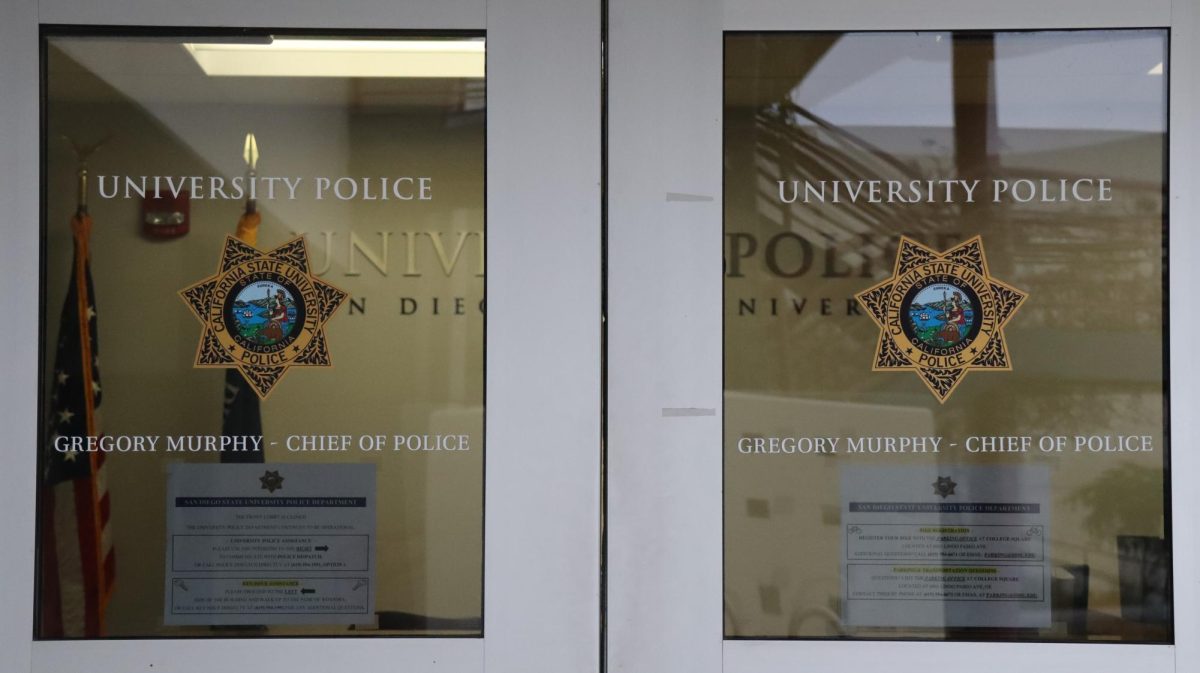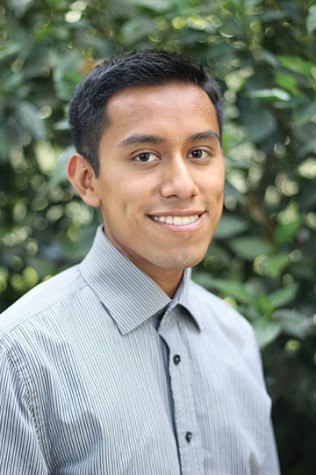 Since President Barack Obama and a group of senators each released a blueprint for immigration overhaul, reforming the nation’s immigration laws has become a primary issue with the discussion of border security at the forefront.
Since President Barack Obama and a group of senators each released a blueprint for immigration overhaul, reforming the nation’s immigration laws has become a primary issue with the discussion of border security at the forefront.
On Jan. 28, a bipartisan group of eight senators revealed its plan for comprehensive immigration reform, followed by President Barack Obama’s proposal on Jan. 29.
The senators’ intended plan would allow undocumented immigrants to apply for citizenship after qualifying to become permanent residents and after certain border measures have been satisfied.
As a result, the plan proposes the creation of a commission of governors, law enforcement officials and border-state community leaders to assess when border security measures have been accomplished.
Similarly, Obama’s plan would create a pathway to citizenship by allowing undocumented immigrants to earn “provisional legal status” as a first step toward permanent residency and citizenship, with border security being incidental.
Republican Sen. Marco Rubio, a member of the bipartisan group of senators, is one of many politicians who have emphasized the importance of enforcement at the border before allowing there to be a path to citizenship for undocumented immigrants.
“If there is not language in this bill that guarantees that nothing else will happen unless these enforcement mechanisms are in place, I won’t support it,” Rubio told radio host Rush Limbaugh.
The senators’ plan provides Border Patrol with the latest technology, drones, surveillance equipment and adds more agents at and between ports of entry. It would also establish a system to track whether people in the U.S. on temporary visas have left when required.
Obama’s plan enhanced infrastructure at ports of entry, facilitates public-private partnership aimed at increasing investment in foreign visitor processing and creates new criminal penalties for those who smuggle people, drugs, weapons or money across the border.
San Diego State Chicano and Chicana studies assistant professor Roberto Hernández, whose areas of research include the U.S.-Mexico border, indicates that, throughout the years, border security has indeed been imposed.
“The proposals neglect the fact that border security has been going on,” Hernández said. “There have been increases in funding personnel, new technologies and we’ve seen a sharp increase not only in miles of fences that have been erected, but also in the budgets and staffing of the Border Patrol.”
During a tour of the border, Secretary of Homeland Security Janet Napolitano stopped by San Diego last Monday to discuss border security.
“I believe the border is secure,” Napolitano said, according to The Huffingtonpost “I believe the border is a safe border. That’s not to say everything is 100 percent.”
Hernández believes discussion about border security and enforcement is diminishing the discussion of citizenship for the undocumented individuals already in the U.S.
As far as obtaining citizenship, the bipartisan group plan requires undocumented immigrants to undergo a background check, pay fines, back taxes, learn English and pass an American civics test before applying for permanent residency and then citizenship.
Similarly, Obama’s proposal will require immigrants to pass a background check, pay taxes and penalties and learn English to acquire citizenship.
Under both proposals, individuals brought to the U.S. as children would earn citizenship sooner. However, Obama’s plan would require attending college or serving for two years in the military to have a quicker path to citizenship.
While border security is likely to be part of any immigration legislation, it remains unclear how the southwestern border will be evaluated and what criteria must be met.
“We need to see whether the legislation that gets proposed is really about responding to the demands and needs of the broader migrant communities,” Hernández said. “These proposals are really about trying to appease and minimize the impact of these groups.”
Obama is expected to speak about immigration tomorrow during his State of the Union speech.








